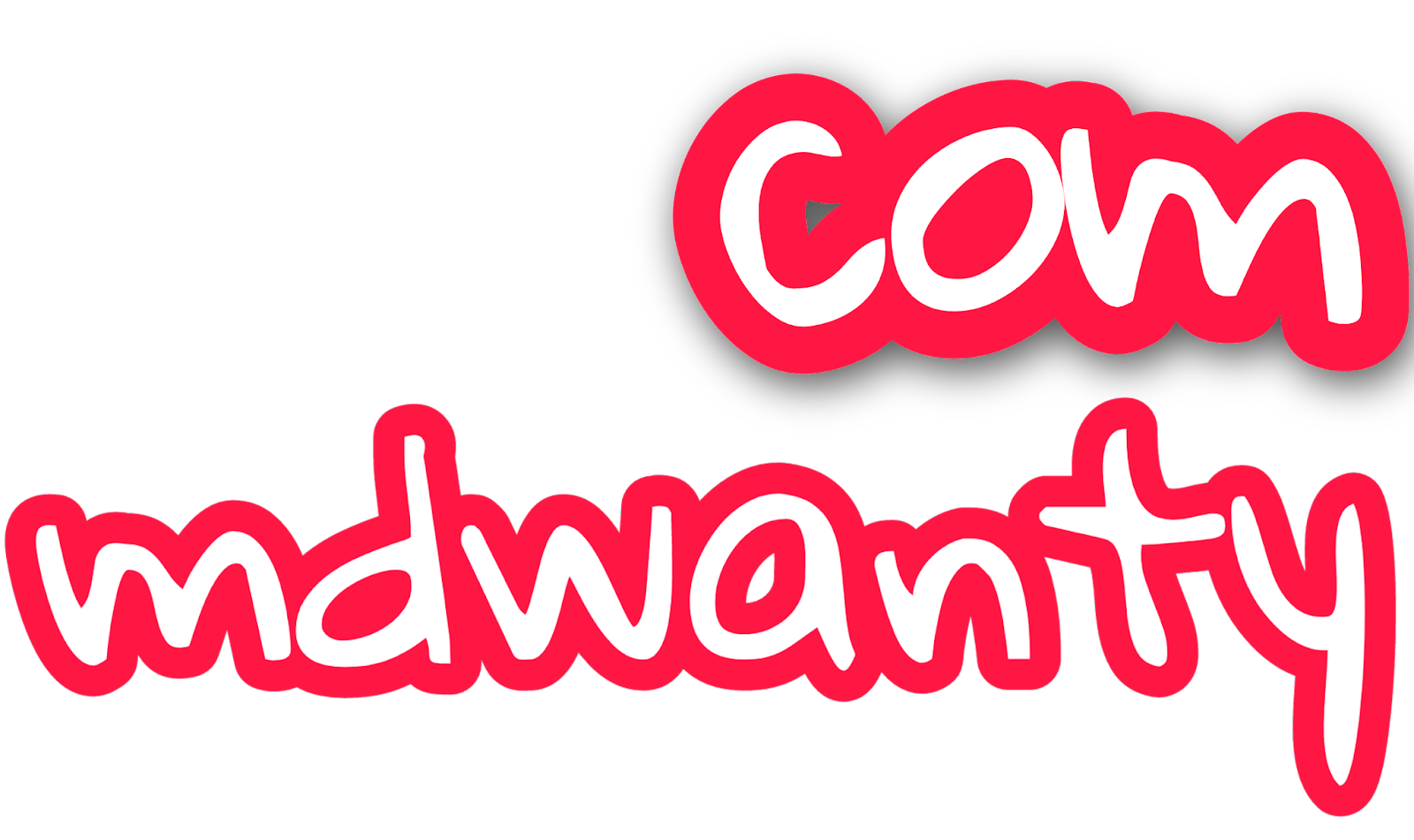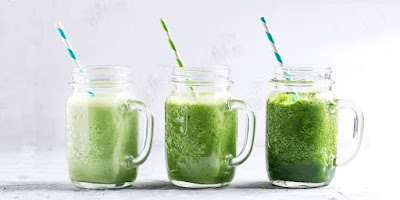Detoxification has become a buzzword in health and wellness circles, with numerous products and diets claiming to cleanse your body of toxins. But, do you really need to "detox," or is it just another health trend? Let's delve into the science behind detoxification and separate fact from fiction.
Introduction
Defining "Detox"
The term "detox" commonly refers to the process of removing toxins from the body. It has gained popularity through various detox diets, teas, and supplements promising improved health and vitality.
Popular Trends and Misconceptions
Before embarking on a detox journey, it's crucial to understand the prevailing trends and misconceptions surrounding detoxification. Not every method touted as a detox miracle delivers on its promises.
The Body's Natural Detoxification Process
Liver Function
The liver plays a central role in detoxification by breaking down and eliminating toxins from the body. Understanding how the liver functions sheds light on the body's innate ability to detoxify itself.
Kidney Function
In addition to the liver, the kidneys filter and remove waste products from the blood. Exploring the intricate functions of these organs reveals the sophisticated detox mechanisms already at work within our bodies.
Role of Lungs and Skin
Detoxification extends beyond internal organs. The lungs and skin also contribute to expelling toxins. Breathing exercises and skin care, therefore, play integral roles in supporting the body's natural detox processes.
Debunking Detox Diets
Lack of Scientific Evidence
While detox diets claim to eliminate harmful substances, scientific evidence supporting their efficacy is often lacking. Critical evaluation of these diets is essential to make informed decisions about their potential benefits and risks.
Potential Risks and Side Effects
Detox diets may pose risks, including nutrient deficiencies and adverse effects. It's vital to explore these potential downsides before embarking on a restrictive detox plan.
Detox Teas and Supplements
Analyzing Ingredients
Detox teas and supplements flood the market, each boasting unique blends of herbs and extracts. Examining these ingredients can help discern between effective detox aids and marketing gimmicks.
Understanding Claims vs. Reality
The detox industry often makes bold claims about weight loss and improved well-being. Distinguishing between marketing hype and realistic outcomes is crucial for individuals seeking genuine health benefits.
Everyday Practices for a Healthier Lifestyle
Hydration
One of the simplest and most effective detox strategies is staying hydrated. Adequate water intake supports the body's natural detoxification processes and promotes overall health.
Balanced Nutrition
A well-balanced diet rich in nutrients is fundamental for optimal health. Nutrient-dense foods provide the body with essential elements to function efficiently and maintain its natural detox mechanisms.
Physical Activity
Regular exercise not only contributes to weight management but also aids in detoxification. Sweating during physical activity helps eliminate toxins through the skin.
Detox Myths and Facts
Myth: Rapid Weight Loss Equals Detox
Contrary to popular belief, rapid weight loss doesn't necessarily equate to effective detoxification. Sustainable, healthy habits contribute more to long-term well-being than quick fixes.
Fact: Sustainable, Healthy Habits Matter
Embracing a lifestyle that includes balanced nutrition, hydration, and regular exercise is key to supporting the body's ongoing detoxification efforts.
Mind-Body Connection
Stress Reduction Techniques
Chronic stress can hinder the body's detox processes. Implementing stress reduction techniques, such as mindfulness and meditation, can positively impact both mental and physical well-being.
Impact on Overall Well-being
Understanding the interconnectedness of mental and physical health emphasizes the importance of addressing both aspects for comprehensive detoxification.
Detox and Weight Loss
Relationship Between the Two
While some detox methods claim to promote weight loss, it's essential to understand the relationship between detoxification and sustainable weight management.
Sustainable Approaches
Focusing on sustainable approaches, such as mindful eating and regular exercise, fosters lasting health benefits without resorting to extreme detox measures.
Personalized Detox Strategies
Consulting Healthcare Professionals
Individuals with specific health concerns should consult healthcare professionals before embarking on any detox program. Tailoring detox strategies to individual needs ensures safety and effectiveness.
Tailoring Detox Plans to Individual Needs
Recognizing that one size doesn't fit all, personalized detox plans consider individual health profiles, making them more effective and safer for diverse populations.
Social Media Influence on Detox Culture
Influencers and Detox Trends
The influence of social media on detox culture is profound. Examining the impact of influencers and trends helps individuals make informed choices in a digital age.
Critical Thinking in the Digital Age
Developing critical thinking skills is crucial for navigating the influx of detox information on social media. Separating evidence-based advice from trends can lead to better health choices.
Detox for Specific Health Conditions
Allergies and Sensitivities
Individuals with allergies or sensitivities may benefit from targeted detox strategies. Understanding how detox aligns with specific health conditions is essential for informed decision-making.
Chronic Illness Considerations
People with chronic illnesses need specialized approaches to detox. Consulting healthcare providers ensures that detox practices align with overall health management.
Environmental Toxins Awareness
Everyday Exposures
Beyond diet and lifestyle, environmental toxins can impact health. Raising awareness about everyday exposures empowers individuals to make informed choices.
Practical Tips for Minimizing Risks
Providing practical tips for minimizing exposure to environmental toxins enhances readers' ability to proactively protect their health.
Balancing Detox and Enjoyment
Incorporating Detox Practices Into Daily Life
Detoxification doesn't have to be a daunting task. Simple, enjoyable practices can seamlessly integrate into daily life, promoting long-term well-being.
Maintaining a Healthy Relationship with Food
Balancing detox practices with an appreciation for food fosters a positive relationship with eating. Avoiding extremes promotes a healthier approach to nutrition.
Expert Opinions on Detox
Insights from Nutritionists and Doctors
Gathering insights from professionals in the field offers readers a balanced perspective on detox. Expert opinions guide individuals in making informed decisions.
Research-Based Perspectives
Exploring research-based perspectives on detoxification helps demystify the subject, allowing readers to separate fact from fiction.
Conclusion
In conclusion, the necessity of "detoxing" depends on one's definition and goals. While the body has innate detoxification processes, adopting healthy habits can support these functions. Rather than falling for quick fixes, embracing a holistic approach to well-being ensures sustainable health benefits.
5 Unique FAQs After The Conclusion
Is a detox diet necessary for everyone?
- Detox diets are not universally necessary. The body has natural detoxification processes, and adopting a healthy lifestyle is often more beneficial.
Are detox teas effective for weight loss?
- While detox teas may lead to temporary weight loss through water loss, their long-term effectiveness is questionable. Sustainable lifestyle changes are more reliable.
Can stress affect detoxification?
- Yes, chronic stress can hinder the body's detox processes. Stress reduction techniques are essential for overall well-being.
Are there specific detox strategies for individuals with allergies?
- Yes, individuals with allergies may benefit from targeted detox strategies. Consulting healthcare professionals is crucial for personalized plans.
How can I minimize exposure to environmental toxins in daily life?
- Practical tips include choosing organic products, reducing plastic use, and being mindful of pollutants in the home environment.
Detoxification is a nuanced subject, and understanding it requires a holistic perspective. Making informed choices based on science and individual needs ensures a healthier and more balanced life.


Comments
Post a Comment